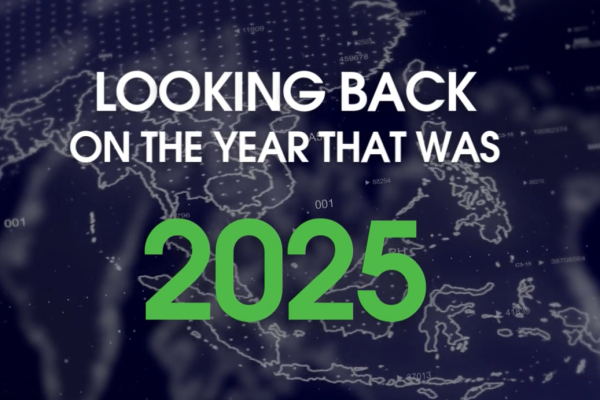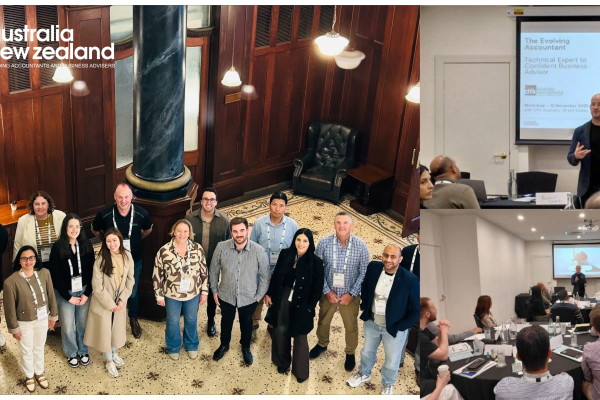By Dorothy Wong, JCK & Associates (Hong Kong)
In today’s fast-paced business environment, Certified Public Accountants (CPAs) need to transcend their traditional role as number-crunchers and financial reporters dealing with accounting principles to become strategic advisors and tech-savvy professionals.
The Technological Revolution
Technology has revolutionized the accounting industry, rendering manual ledger entries and heaps of paperwork a thing of the past. Cloud computing, artificial intelligence (AI), data analytics and automation have taken the center stage, reshaping the operations of CPA firms.
Data Security
Ensuring the security of financial data is of paramount importance. Technology not only streamlines all the processes but also fortifies security measures for data protection. With robust encryption, multi-factor authentication and secure cloud storage, CPA firms can protect sensitive client information more effectively than ever before.
Accessibility of Data
The Covid-19 pandemic accelerated the adoption of remote work with virtual collaboration tools in all types of business. Cloud technology has freed CPAs from their desks at office, in that they can access financial data and software from anywhere at any time, making remote work and collaboration possible. The flexibility of remote work can improve work-life balance of CPAs and also helps CPA firms expand their reach to clients globally.
Efficiency and Accuracy
The adoption of technology brings significant benefits in terms of efficiency and accuracy. Automation tools handle routine tasks such as data entry and reconciliation with unparalleled precision. It allows CPA firms to devote more time to develop value-added services like strategic financial planning and advisory, extending the scope of services from pure accounting to finance like portfolio analysis, HR administration and corporate restructuring.
Scalability
Technology enables CPA firms to scale up or down their operations effectively. It can help with managing new regulations / compliances, a growing client base, addressing seasonal fluctuations and adopting flexible workforce models. Scalability is imperative for CPA firms to remain competitive and adaptable in meeting client needs.
Creating a Competitive Edge
In the accounting industry, embracing new technology is not a choice but a necessity to stay competitive. Firms that harness the power of technology can distinguish themselves by offering innovative solutions and staying ahead of the curve.
Humans replaced by Technology
Are technology and ChatGPT replacing accountants or does technology bring new features and capabilities that accountants will use ultimately to make their works more efficient, giving them more time to innovate? This is a hot topic for debates currently.
The use of ChatGPT is the current trend among CPA firms and other businesses. It serves a variety of purposes such as drafting contracts, composing emails, proofreading documents, preparing meeting notes, summarizing lengthy email threads, organizing information, and even assisting with learning new Excel skills. Essentially, it functions as a helpful virtual assistant that can efficiently handle various small daily tasks on our behalf.
Whether technological development is transformative or disruptive, human touch remains indispensable in CPA profession. In this sense, CPAs should bring their expertise, experience, judgment and ethical principles to the table, while technology is developed to serve as a means to enhance their capabilities and productivity with creative or tailor-made solutions for their clients.








